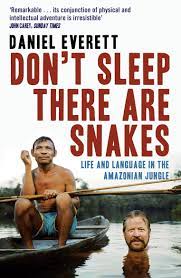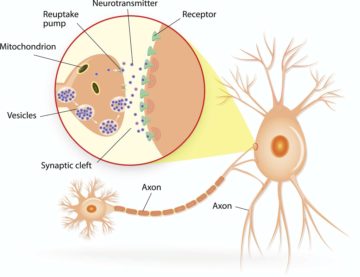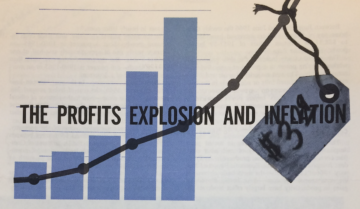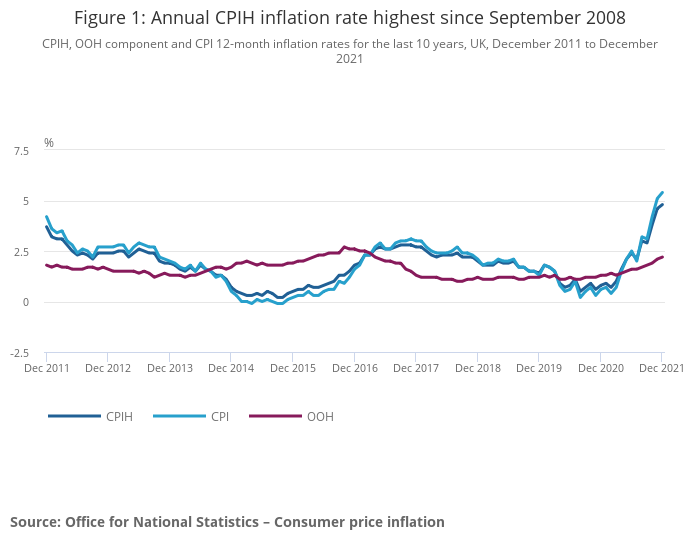by David Oates

In the short month since the first installment of this exploration, the news has returned to our theme. A few days ago (at this writing) a new squabble broke out over America’s supposed “Judeo-Christian heritage,” this time in Boston itself, seedbed of our original revolution. It seems the city government has rejected a request to fly a “Christian flag” outside the city hall. The reasoning offered for this request (if repetition of cliches based on historical fantasy can be called “reasoning”) was that it sought to “enhance understanding of our Judeo-Christian moral heritage.”
I would suggest that the cultural conservatives who try to rebrand America as a “Judeo-Christian” culture are not, in fact, conservative – since our founders were explicitly not interested in revealed religion as a basis for the new country. As Part I of this essay showed (if briefly!), the Founders looked to reason; they trusted the testimony of experience; they studied the ancient republics and democracies. There is no democracy in the Bible. That founding value came from elsewhere.
So these “cultural conservatives” are better described as reactionary fantasists. It’s the usual thing in backward politics – pining for an imaginary past. Read more »




 Daniel Everett’s 2008 book, Don’t Sleep, There are Snakes (Life and Language in the Amazonian Jungle), threw what seemed to be a pebble into the world of linguistics – but it is a pebble whose ripples have continued to expand. This might be thought surprising, in view of its curious construction. It contains a detailed description of the writer’s encounters with a small, remote Amazonian tribe, whom he calls the Pirahã (pronounced something like ‘Pidahañ’), but who apparently call themselves the Hi’aiti’ihi, roughly translated as “the straight ones.” They live beside the Maici River, a tributary of a tributary of the Amazon, which is nonetheless two hundred metres wide at its mouth.
Daniel Everett’s 2008 book, Don’t Sleep, There are Snakes (Life and Language in the Amazonian Jungle), threw what seemed to be a pebble into the world of linguistics – but it is a pebble whose ripples have continued to expand. This might be thought surprising, in view of its curious construction. It contains a detailed description of the writer’s encounters with a small, remote Amazonian tribe, whom he calls the Pirahã (pronounced something like ‘Pidahañ’), but who apparently call themselves the Hi’aiti’ihi, roughly translated as “the straight ones.” They live beside the Maici River, a tributary of a tributary of the Amazon, which is nonetheless two hundred metres wide at its mouth. Sometime before Ashok Rudra and I started on our large-scale data collection, I was already doing some theoretical and conceptual work on agrarian relations. My first, mainly theoretical, paper on share-cropping (jointly with TN) came out in American Economic Review in 1971. That paper was unsatisfactory and had quite a few loose strands, but it was one of the first papers to look theoretically into an economic-institutional arrangement of a developing country at the micro-level. This was a time when development economics was preoccupied with macro-issues like the structural transformation of the whole economy involving transition from agriculture to industrialization or problems of its aggregate interaction with more developed economies.
Sometime before Ashok Rudra and I started on our large-scale data collection, I was already doing some theoretical and conceptual work on agrarian relations. My first, mainly theoretical, paper on share-cropping (jointly with TN) came out in American Economic Review in 1971. That paper was unsatisfactory and had quite a few loose strands, but it was one of the first papers to look theoretically into an economic-institutional arrangement of a developing country at the micro-level. This was a time when development economics was preoccupied with macro-issues like the structural transformation of the whole economy involving transition from agriculture to industrialization or problems of its aggregate interaction with more developed economies. One of the primary sticking points that prevents me from being a Marxist, even as I think Marxist analysis is the most illuminating framework we have for making sense of history and economics, is that I could never abide the idea of false consciousness. Another way of putting this is that Marxism is pretty adequate for the study of history and economics, utterly inadequate for anthropology, which I tend to care about most of all, and for which I think an anarchist lens is most revealing. Do you really want to tell a Nuer herdsman that the cattle-centric cosmology he uses to understand his place in the world is just an artefact of ideology, flowing from the relations of labor that prevail in his society and of which he remains ignorant? Wouldn’t it perhaps be more interesting to see what happens when you take his word for it, about what a cow is, for example, and how cows relate to human beings? And if you are willing to approach a Nuer herdsman in this way, why not also a concitoyen of yours who thinks Nascar is the ultimate thrill, or a lower-bourgeois French person who thinks no holiday meal is complete without pigs’ feet in aspic and who simply adores Johann Strauss’s “Blue Danube”?
One of the primary sticking points that prevents me from being a Marxist, even as I think Marxist analysis is the most illuminating framework we have for making sense of history and economics, is that I could never abide the idea of false consciousness. Another way of putting this is that Marxism is pretty adequate for the study of history and economics, utterly inadequate for anthropology, which I tend to care about most of all, and for which I think an anarchist lens is most revealing. Do you really want to tell a Nuer herdsman that the cattle-centric cosmology he uses to understand his place in the world is just an artefact of ideology, flowing from the relations of labor that prevail in his society and of which he remains ignorant? Wouldn’t it perhaps be more interesting to see what happens when you take his word for it, about what a cow is, for example, and how cows relate to human beings? And if you are willing to approach a Nuer herdsman in this way, why not also a concitoyen of yours who thinks Nascar is the ultimate thrill, or a lower-bourgeois French person who thinks no holiday meal is complete without pigs’ feet in aspic and who simply adores Johann Strauss’s “Blue Danube”? Hailed as the
Hailed as the  Last spring, prominent Big Tech critic Lina Khan became the new chair of the Federal Trade Commission (FTC)—an appointment widely seen as a coup for progressive reform. In her confirmation hearing, she characterized the agency’s overarching goal in terms of “fair competition.” This choice of emphasis is significant for understanding the antitrust reform project of which Khan is a leader. At its core, the project is a policy paradigm aimed at creating fair markets—markets characterized by socially beneficial competition, fair prices, and decent wages.
Last spring, prominent Big Tech critic Lina Khan became the new chair of the Federal Trade Commission (FTC)—an appointment widely seen as a coup for progressive reform. In her confirmation hearing, she characterized the agency’s overarching goal in terms of “fair competition.” This choice of emphasis is significant for understanding the antitrust reform project of which Khan is a leader. At its core, the project is a policy paradigm aimed at creating fair markets—markets characterized by socially beneficial competition, fair prices, and decent wages. Previously, researchers focused on
Previously, researchers focused on  Forster began writing Maurice in 1913, when the British Empire governed nearly a quarter of the earth’s population and the question of nostalgia was beside the point. Forster was thirty-four, eighteen years had passed since
Forster began writing Maurice in 1913, when the British Empire governed nearly a quarter of the earth’s population and the question of nostalgia was beside the point. Forster was thirty-four, eighteen years had passed since  Arriving at the chess board is like entering an eagerly anticipated party. All my old friends are there: the royal couple, their associates, the reassuringly straight lines of noble infantry. I adjust them, ensuring that they are optimally located in the centre of their starting squares, an anxious fidgeting and tactile caress. I know these pieces, and care about them. They are my responsibility. And I’m grateful to my opponent for obliging me to treat them well on pain of death.
Arriving at the chess board is like entering an eagerly anticipated party. All my old friends are there: the royal couple, their associates, the reassuringly straight lines of noble infantry. I adjust them, ensuring that they are optimally located in the centre of their starting squares, an anxious fidgeting and tactile caress. I know these pieces, and care about them. They are my responsibility. And I’m grateful to my opponent for obliging me to treat them well on pain of death. Andrew Yamakawa Elrod in Phenomenal World (image: Reprint from the September 1966 issue of AFL-CIO American Federationist, Box 38, Folder 4, William Page Keeton Papers, Special Collections, Tarlton Law Library, The University of Texas at Austin):
Andrew Yamakawa Elrod in Phenomenal World (image: Reprint from the September 1966 issue of AFL-CIO American Federationist, Box 38, Folder 4, William Page Keeton Papers, Special Collections, Tarlton Law Library, The University of Texas at Austin): Katie J. M. Baker in Lux:
Katie J. M. Baker in Lux: Roosevelt Montás over at Aeon:
Roosevelt Montás over at Aeon: